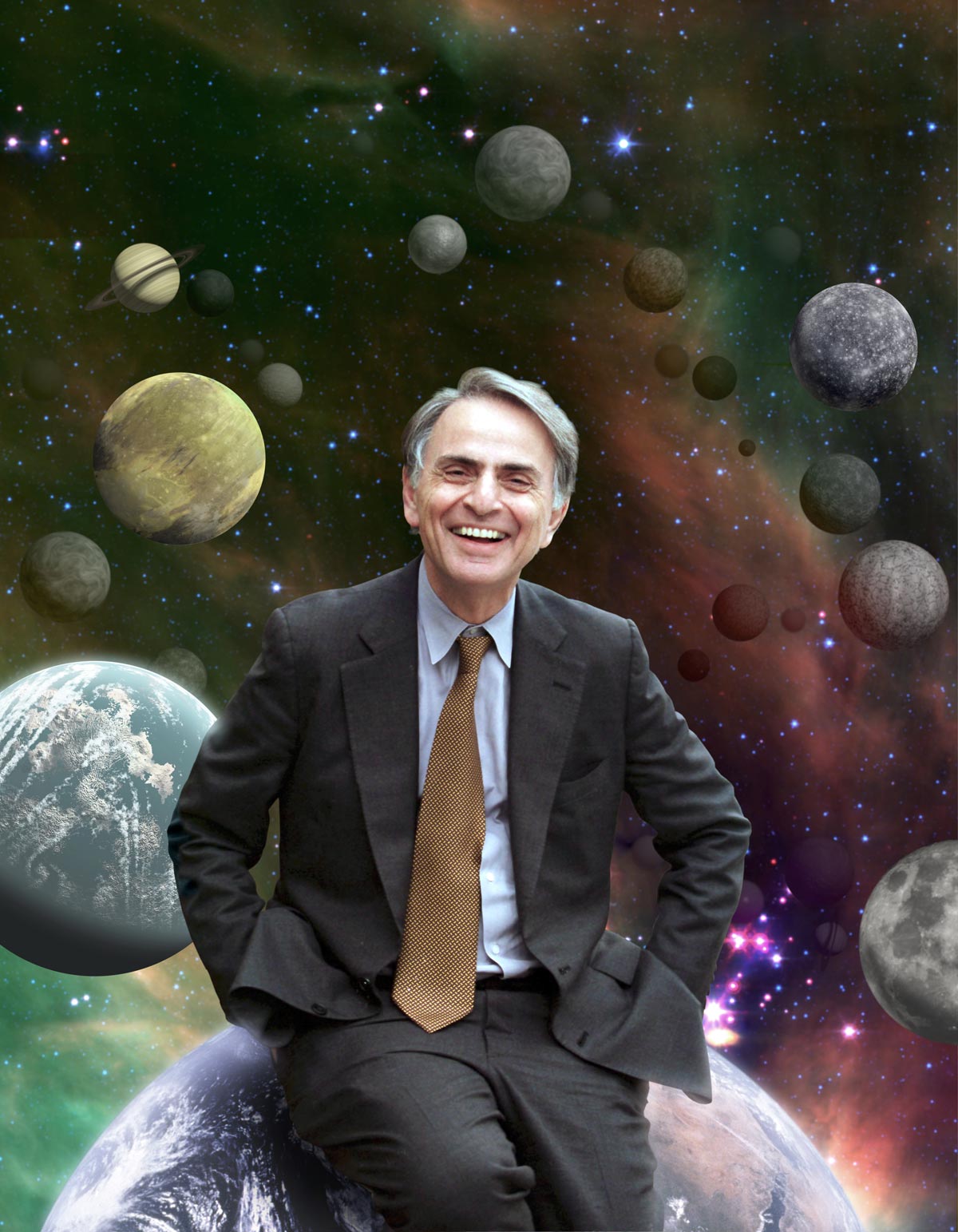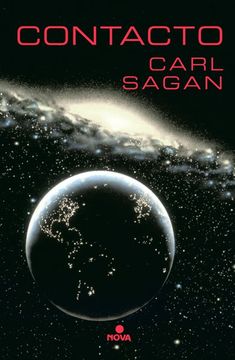Carl Sagan was an American astronomer,
astrophysicist, cosmologist, astrobiologist, author, and science communicator.
He was born on November 9, 1934, in Brooklyn, New York, and passed away on
December 20, 1996. He is widely known for his work in popularizing science and
for his contributions to astronomy and space science.
Sagan was also a Professor of Astronomy and
Space Sciences and the Director of the Laboratory for Planetary Studies at
Cornell University. Throughout his life, he became one of the most influential
figures in the field of science, not only because of his academic contributions
but also because of his ability to communicate the complexity and beauty of the
universe to the general public. His legacy continues to inspire future
generations of scientists and astronomy enthusiasts.
Sagan played a key role in several NASA space
missions, especially in programs such as the Viking missions to Mars, and in
the creation and assembly of the interstellar messages carried by the Pioneer
10 and 11 and Voyager 1 and 2 probes. These messages, intended for potential
extraterrestrial life forms, included plaques and discs with information about
humanity and Earth.
One of his greatest contributions to science
communication was the television series "Cosmos: A Personal Voyage,"
first aired in 1980. As the presenter and co-author of this series, which
reached an audience of millions of people worldwide, he remains one of the most
popular figures in science communication of all time. "Cosmos"
covered topics related to the history of Earth, the solar system, the galaxy,
the universe, and the possibility of extraterrestrial life, all explained in a way
that was accessible to the general public.
In addition to his television work, Carl Sagan
wrote numerous popular science books, among which "Contact" stands
out, later adapted into a film in 1997, after his death. Other famous books
include "The Demon-Haunted World," in which he advocates for the use
of critical thinking and the scientific method as tools against superstition
and pseudoscience, and "The Dragons of Eden," for which he received
the Pulitzer Prize for General Non-Fiction in 1978.

:format(jpg)/f.elconfidencial.com%2Foriginal%2F95f%2Ff49%2F931%2F95ff499318927b52537b555ae1c53fc5.jpg)



Every time I watch the series "Cosmos" I feel happy and curious to know what there is in the universe, how many mysteries exist, what new things are waiting to be discovered, it is a wonderful series.
ResponderEliminar